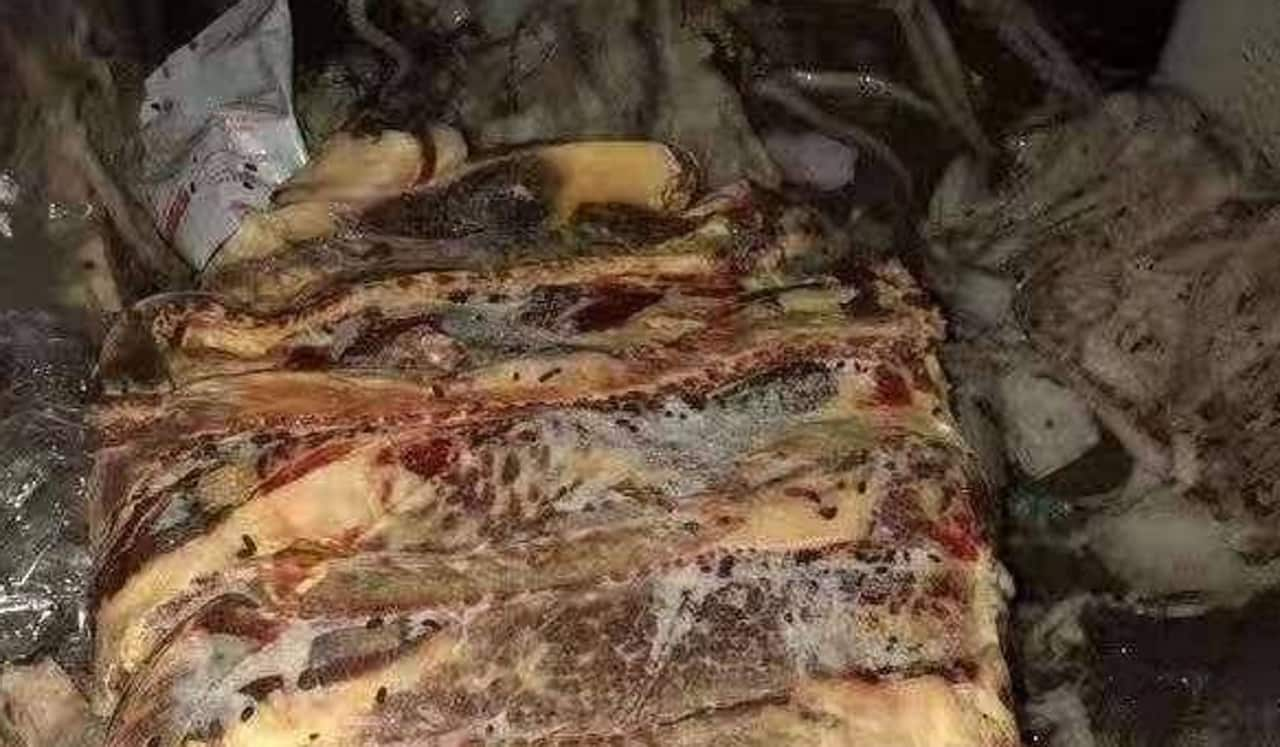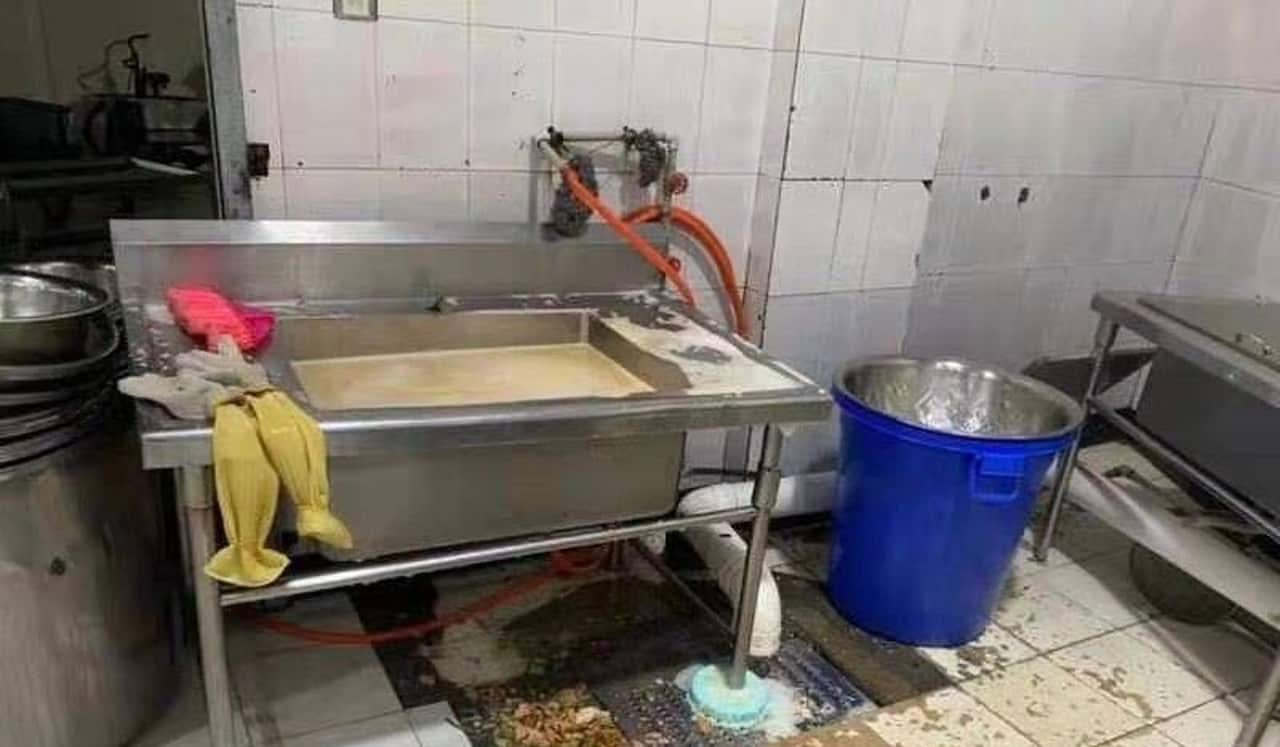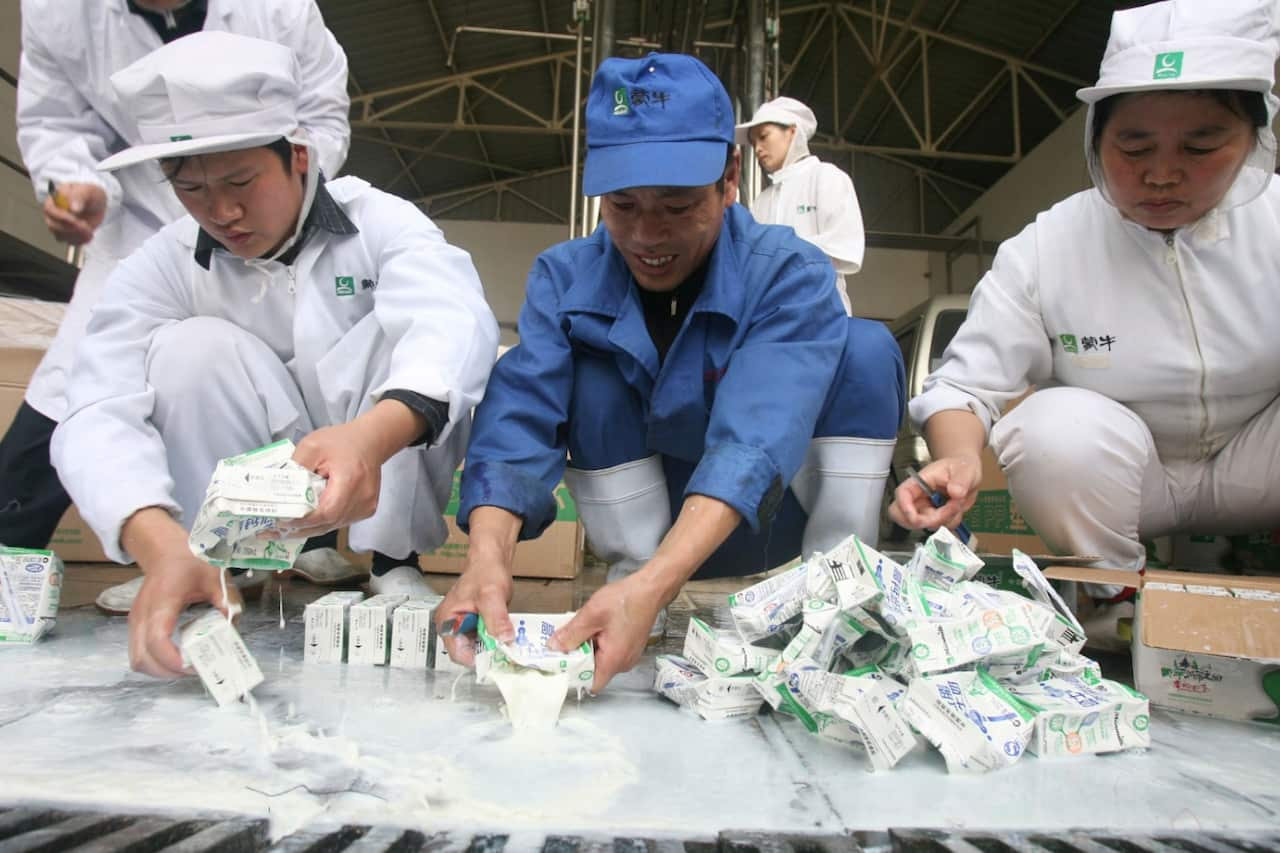The new regulations require school officials from Kindergarten to secondary school in China to dine with their students in canteens as a measure to prevent potential food safety scandals.
As part of the move, schools are also now required to publicly identify food sources and suppliers, and set up risk prevention and control systems, Xinhua news agency said.
Top-level Chinese authorities, including the Ministry of Education, the State Administration for Market Regulation and the National Health Commission established the regulations following a host of food safety incidents.
In March, 36 primary school students in southwest China's Sichuan province were hospitalised after eating "mouldy food."
Photos of mouldy bread, discoloured meat pies and rotten seafood served at the Chengdu No. 7 Experimental High School, uploaded by parents, also ignited a heated online debate on Chinese social media on food safety at schools.
 The incident sparked protests and led to the dismissal of the school principal, according to reports from the state-run Global Times newspaper.
The incident sparked protests and led to the dismissal of the school principal, according to reports from the state-run Global Times newspaper.

An image shared by parents on Weibo who said they found piles of rotten food at a school in Chengdu. Source: SBS

An image apparently taken inside the Chengdu school's canteen. Via Weibo Source: SBS
The new regulations also see parents invited to supervise and give suggestions on food safety and nutrition.
In order to increase transparency and improve public engagement, the regulations also encourage schools to reveal their meal menus and nutritional information on public platforms.
The most well-known case of food contamination in China was the so-called '2008 milk scandal' which involved milk and infant formula being contaminated with melamine.
Tens of thousands of babies were hospitalised with kidney ailments and six babies died.
This scandal saw a huge increase in demand for Australian baby formula.

Workers squeeze melamine-tainted milk into a drainage ditch leading to the sewage treatment plant at a Mengniu Dairy factory in Wuhan in central China, 2008. Source: AAP
Share

